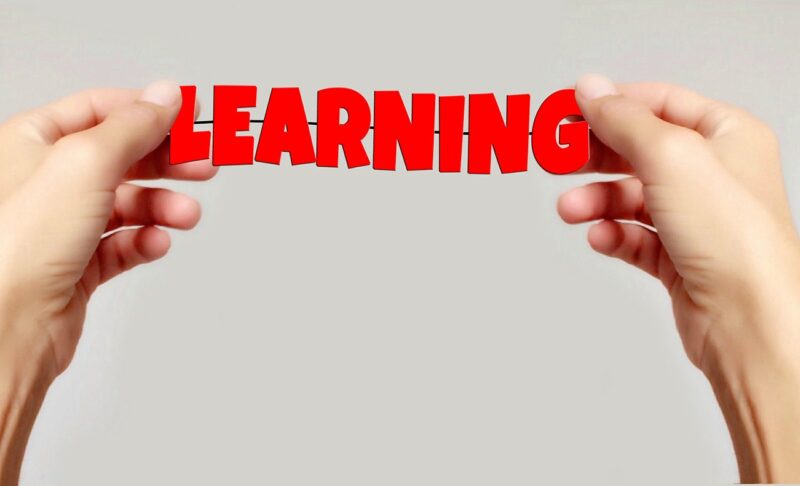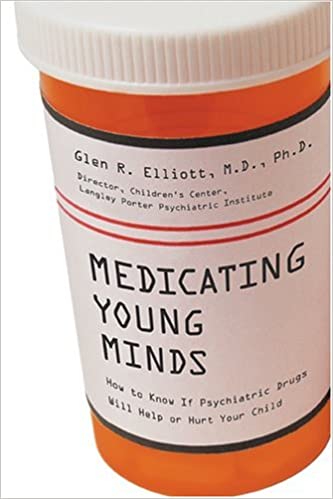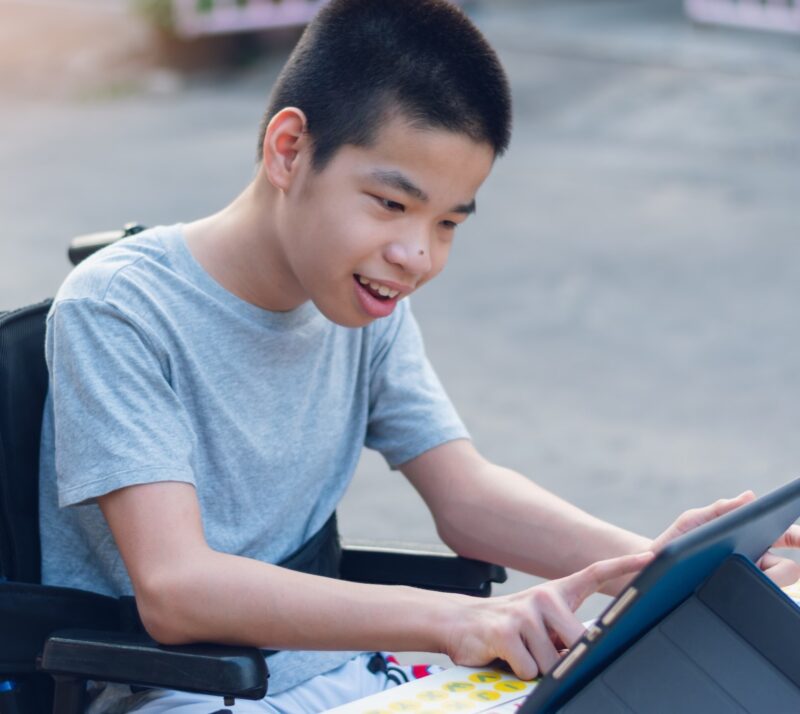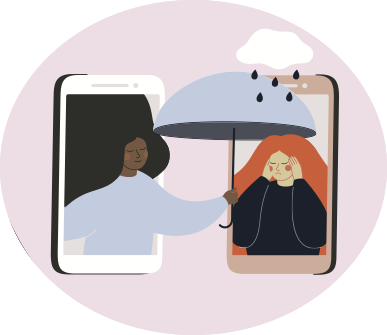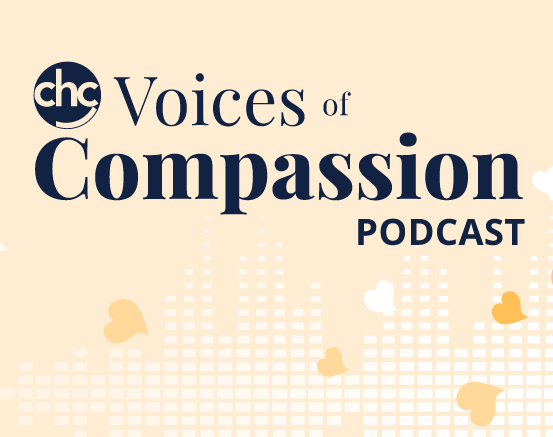
Family Navigation Helps Reduce Disparities in Autism Diagnosis
Training community members to help families navigate obstacles to care increases the likelihood that children from low-income and minority groups will be assessed for autism by specialists, according to a new study. The approach could help reduce disparities in autism Read more >>
